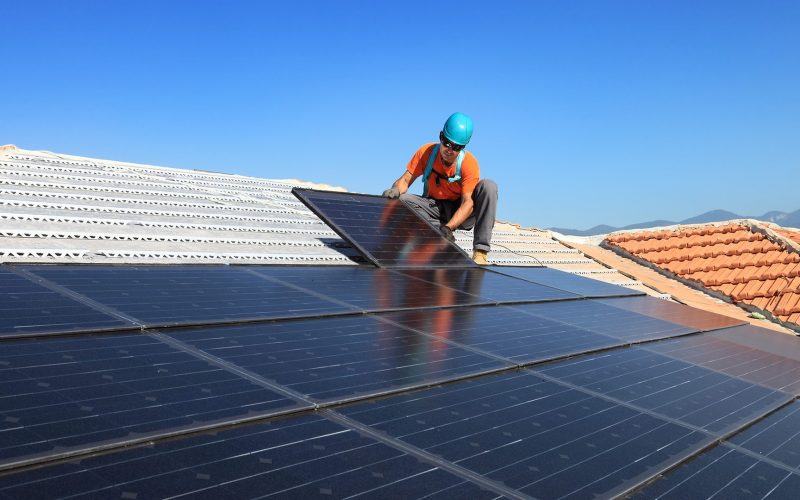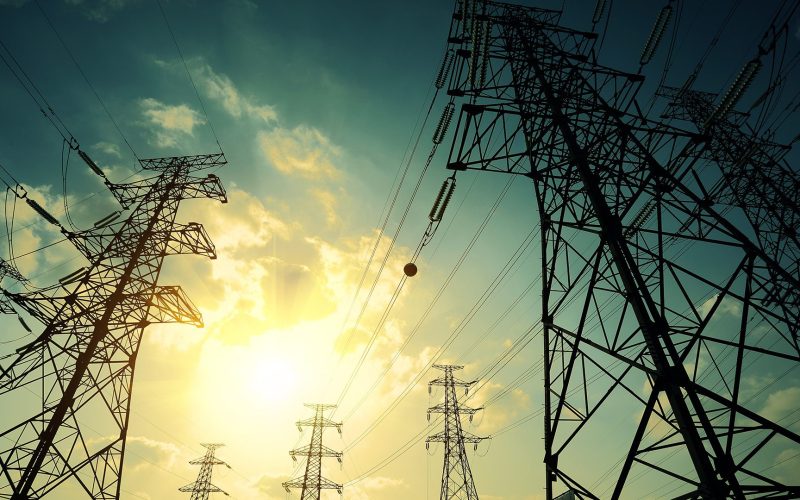THE VOICE FOR THE ENERGY CONSUMER

CEA Southeast Executive Director Kevin Doyle examines how Florida is maintaining low electric rates while continuing to invest in the energy grid and bringing on new sources of environmentally responsible.

CEA President David Holt joined KTRH to discuss how enhancing our country’s refining infrastructure can help ensure consumers have access to affordable transportation fuels. Listen here – KTRH AM 740
.
Many factors, including laws, regulations, politics, and other financial considerations we may not be aware of, significantly influence the affordability and reliability of the electricity our local utilities provide. However,.

Consumer Energy Alliance (CEA), the leading advocate for sensible energy policies that provide all available energy choices for families, small businesses, manufacturers, and farmers, applauds Louisiana Governor Jeff Landry and.

CEA’s Midwest Executive Director, Chris Ventura, explored some of the challenges consumers face if they want to generate their own electricity form solar panels with CNET. “For the vast majority.

RICHMOND, VA – In response to Virginia Governor Glenn Youngkin’s and Attorney General Jason Miyares’ announcement that Virginia will not be adopting California’s car ban, Consumer Energy Alliance’s Southeast Executive.

With Florida evaluating it’s energy policies, CEA’s Kevin Doyle examines how consumers can benefit from a diversity of sustainable energy resources. “I think what Florida has proven is that you.

In the rapidly evolving global energy landscape, one metal is emerging as a critical player: copper. Known for its excellent conductivity and versatility, copper is essential in numerous industries, particularly.

BATON ROUGE – Consumer Energy Alliance, the leading consumer advocate focused on the impacts energy policy has on families, small businesses, and consumers, applauds the Louisiana Legislature and Governor Jeff.

There are different types of energy markets, but let’s focus on two types that appear across the country: regulated and restructured or deregulated. In regulated markets, investor-owned utilities (IOUs) own.